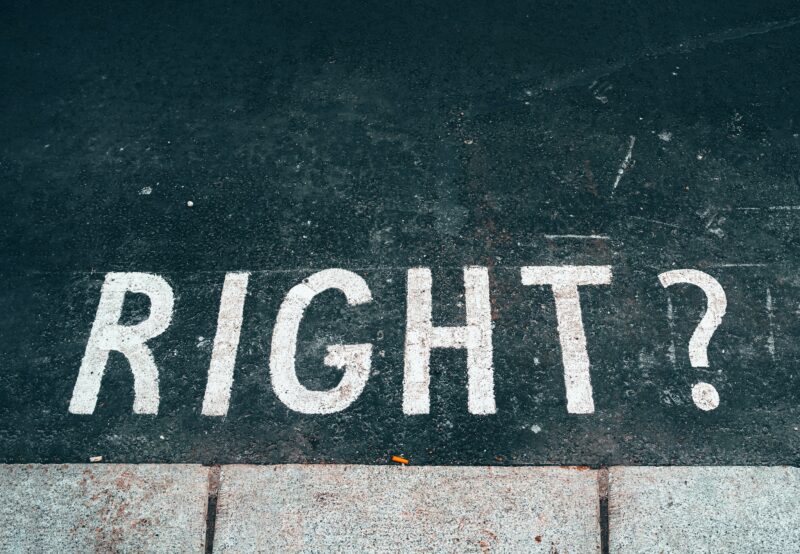Can objective morality exist without God?
Morality includes what you ought to do. But if there is no God, then there is no “ought” to do anything. If evolutionary accounts of morality are true, you don’t have objective morality that’s true for all people at all times and in all places. All you have are descriptions of what has happened up to this point, but no prescription for how you ought to live tomorrow, what you should or shouldn’t value, and what you should your shouldn’t do.
So, the question is, “Is God necessary for morality?”
Yes, in the sense that you need a higher standard to justify morality. The question then becomes, “Do you have to believe in God to be moral?” The answer is no, because people in our culture, even though they’re confused about God or don’t believe in God, can still do moral things. But morality itself cannot exist without a higher power, without God, because there has to be a moral lawgiver to convey that “ought to,” the right and wrong that’s objective for everyone. There has to be a standard given outside the system.
A great way to think about this is to compare the Declaration of Independence to the United Nations Declaration of Rights. The Declaration of Independence says, “Certain unalienable rights endowed by our Creator.” That is, someone from above. However, the UN Declaration of Rights, which was written by several countries in 1948, states what the countries agreed was right and wrong. What happens if you’re a country that disagrees? There’s no higher standard to appeal to.
Therefore, objective morality requires God as the foundation.
